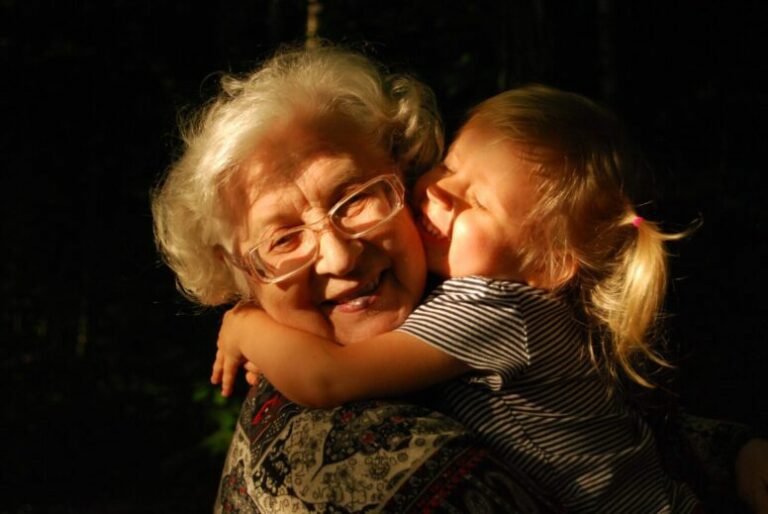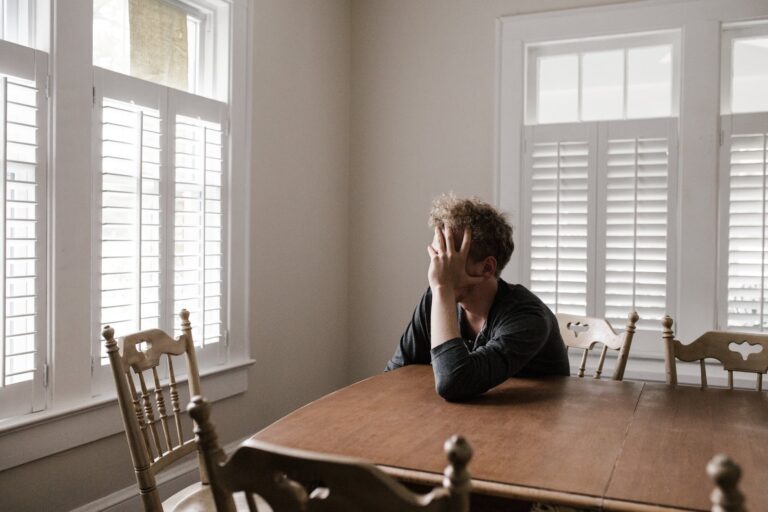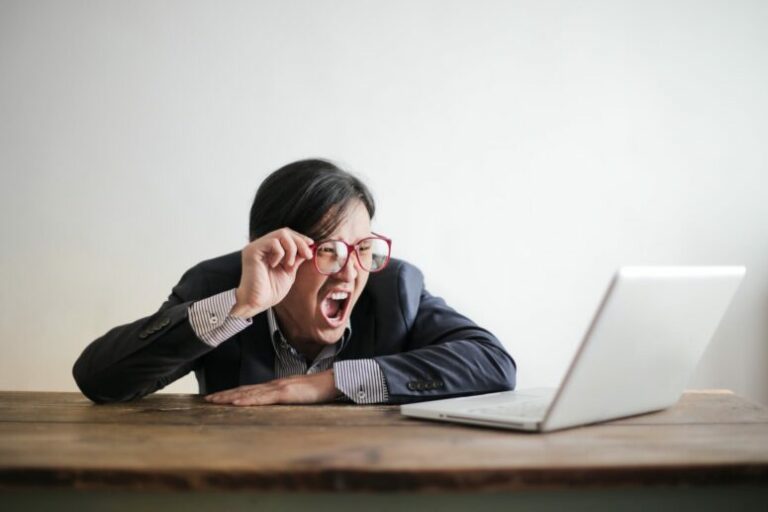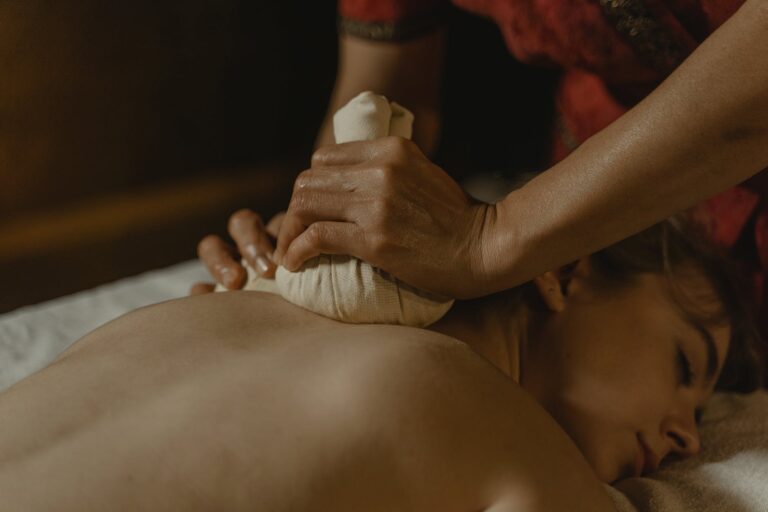In our lifetime we are going to experience anxiety. Whether this is the nervousness ahead of an important interview or the apprehension before making big personal commitment anxiety is impossible to dismiss.
Although a little anxiety is alright and natural, overmuch can lead to a frame of mind that turns debilitating. The trouble sufferers of anxiety have is the low regard that society as a whole locates it on the spectrum of mental health. Few non-sufferers fully realise the life-changing consequences of persistent anxiety.
Symptoms anxiety can produce
Anxiety can cause potent bodily and psychological symptoms. Commonly these symptoms get misread as something else.
Anxiety can cause feelings of nausea that can be misinterpreted as an illness. Other times people believe they are becoming mad as they are not able to make sense of their feelings or the world around them.
Face your fears, face anxiety

Anxiety is something many folks deal with by running away; whilst the fact is that the reverse is more effective.
Anxiety can be hard to cope with but is not insurmountable.
Anxiety needs to be confronted not run away from it.
The most effective way to crush anxiety is to face it head-on.
Anxiety is a type of fear and like any fear, the most effective remedy for it is to meet it and deal with it.
The manner to do this is to convert the correct mental attitudes into habits.
The path to do this commences with your thoughts because of the way your feelings are acted upon by them.
For example, feeling anxious increases the chance of you experiencing anxiety-inducing thoughts.
Mislabeling an event is the easiest way to bring on anxiety.
A vicious cycle arises between the relationship of anxious thoughts and feelings; one results in another.
If you say to yourself that matters are ‘ dreadful’ ‘frightening’ or horrible then anxiety ratchets up a notch.
Putting matters in perspective is the first way to deflect anxiety.
Instead of instantly jumping to a conclusion of something being ‘dreadful’ rationalise it as ‘bad’ or ‘unpleasant’.
Remember that extreme thinking results in extreme reactions.
Take the right advice
Prior to confronting your anxiety, you might care to think about consulting your medical adviser who can advise you on the physical sensations. Your physician can also advise whether it is safe to commence facing your anxieties.
Discussing matters with your doctor or having a look at medical websites could assist you to familiarize yourself with the more common symptoms of anxiety. Not just is this of value in aiding you in dealing with them it may actually help to cut down your anxiety because when you get the symptoms you will know why you are having them.
It is the fear of the unknown which we call is the fear of anxiety.
Aversion Therapy
Facing up to anxiety might seem like a strange process for combating it. After all would it not be best to attempt to avoid it if we want it to go away? Well no this is not the case as clinical studies have proven. Aversion therapy is one of the most effective methods of fear therapy.
If you have a fear of snakes then exposure to them on a step-by-step and sustained basis can help to subdue the fear. Why? Because we gradually become accustomed to them and acquire appropriate rational reactions to them.
Once it comes to confronting your fears you should aim to manage your exposure in a manageable way. By managing your experience you are managing your fear without overwhelming yourself. Bit by bit you will start to control your anxiety, and as a consequence, reduce it accordingly.
Whatever it is you are exposing yourself to you need to get the balance right between unpleasantness and exposure time. Too much time and you run a risk of overwhelming yourself but too short a time and you run the risk of never fully confronting your fear. This is just a technique among many to deal with anxiety problems.
When to go for a mental health professional?
If your problems are really severe you must see a physician or mental health professional. Not only may they be able to offer you further treatments but they can also put you in contact with groups of people with similar problems.
Remember not to let your anxiety take control of you.
Relax your anxiety
Anxiety can be significantly reduced by learning how to relax with this simple method. To commence relaxation, select a time and a location where you will not be distracted. When you are beginning, you might select to arrange 10 or 15 minutes for your relaxation sitting.
This constitutes enough time when you are learning how to relax and in our ever-busy day-to-day lives it may well be that this is the greatest sum of time that you are able to commit to relaxation. That’s ok.
Whatsoever operates for you is acceptable – it’s much more beneficial to spend a couple of minutes a day relaxing than to put it off altogether.

Over time, you may determine that you are experiencing adequate benefits and that you would like to step-up the
amount of time you spend in a relaxed state, but that’s altogether your option.
Whenever you are able to reserve the time, your objective should be to have two 20 minute relaxation sittings
daily.
Research has revealed that spending this amount of time relaxing adds to better health and can assist in reducing the tensions and anxieties of everyday life
Breath the anxiety out of you
Here is one of the simplest methods of inducing relaxation purely by focusing on the breath. Begin by assuming a comfortable pose. You may sit down in a chair or recline in a comfortable position on your bed.
It is important however not to adopt a position where you might fall asleep! . The significant part is to be comfy so that you’re able to focus solely on your breathing. When you are comfortable, close your eyes.
Begin to observe your breathing. We breathe so often that we are inclined to accept breathing for granted. So take the time to observe your breathing.
Note the air filling up your lungs.
Then observe as you exhale and the air goes out of your lungs.
Repeat the action of observing your breath.
When you do this, you will encounter thoughts arising. They might be about anything. That doesn’t matter – it’s all part of the procedure. The important thing is to let these thoughts come up and let them drift away like clouds floating in the sky.
Do not hang on to them or follow them. Just keep bringing your focus back to your breathing.
This takes practice but each time that you do it the easier it will become and the more you will learn to be able to relax not only in your relaxation sessions but in everyday circumstances.
It’s really that simple but you must make the commitment and practice.










